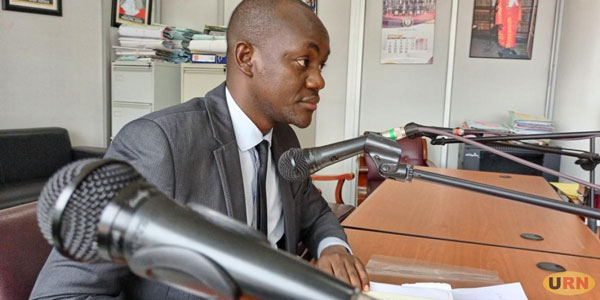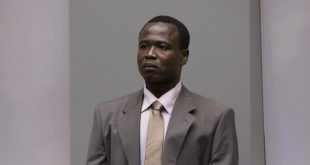
Kampala, Uganda | THE INDEPENDENT | The High Court has summoned the Uganda Law Society (ULS) in response to a lawsuit filed by Steven Kalali accusing the society of denying him and other lawyers the chance to participate in the election of their representatives to various statutory bodies.
The High Court Civil Division Judge Boniface Wamala has summoned the ULS to appear on August 31, 2023, to respond to the suit filed against them by Kalali. The matter came up for hearing on Thursday but ULS was no show. Consequently, Kalali requested the court to establish a schedule for written submissions and expressed his intention to relay the timelines to ULS, the party he is suing.
However, Justice Wamala deemed this approach prejudicial to ULS, considering that Kalali is now in an adversarial position against them. He emphasized the need to grant ULS another opportunity to present any objections or preliminary issues before proceeding with the case. Justice Wamala directed that the ULS leadership be served with hearing notices, compelling their presence in court on August 31, 2023, or face the possibility of the case proceeding without their participation.
In his lawsuit filed on July 10th, 2023, Kalali asserts that the ULS leadership has been selectively appointing representatives to various statutory bodies since 2016, contrary to the governing Act and election regulations. These regulations mandate members to elect representatives through the Annual General Assembly.
Kalali’s petition identifies 24 statutory bodies where ULS holds representation, including the Judicial Service Commission, Anti-Pornographic Control Committee, and Media Council, among others. He alleges that ULS leadership has sidestepped elections for these positions since the implementation of the 2016 General Election Regulations.
According to Kalali, these actions infringe upon members’ rights, including freedom of expression, and are both unlawful and lacking transparency. Given that ULS is a body of legal professionals and custodians of the law, Kalali argues that the organization should uphold democratic principles and good governance.
“I am aware that some of the Respondent’s “representatives” on the various Statutory Bodies like Senior Counsel Ruth Sebatindira, and Norah Matovu on Judicial Service Commission as well as others on other Bodies have been on or held offices for many years without according to other Members of the Society chance to per take the same, which clearly outlaws democratic principles of good governance and rule of law or transparency/accountability,” reads the case.
The evidence presented in court highlights that ULS leadership lacks the authority to appoint representatives without member participation as required by the regulations. Kalali claims that some individuals have held these positions for an extended period without affording others the opportunity, which contradicts principles of good governance, the rule of law, and transparency.
Kalali contends that representatives should be elected or nominated with the approval of the respective class they represent, and ULS cannot act on behalf of members without their consent. He notes that he engaged with the ULS President and Secretary-General about this issue but received an inadequate response. When approached for comment, ULS President Bernard Oundo explained that ULS was not present in court due to the annual law conference taking place in Munyonyo.
This legal dispute occurs in the lead-up to the ULS general elections scheduled for September 2023. Notably, Kalali has a history of advocating for voter rights, having previously successfully challenged the Electoral Commission in a case that led to the recognition of voting rights for prisoners and Ugandans in the diaspora for the 2026 elections.
*****
URN
 The Independent Uganda: You get the Truth we Pay the Price
The Independent Uganda: You get the Truth we Pay the Price



